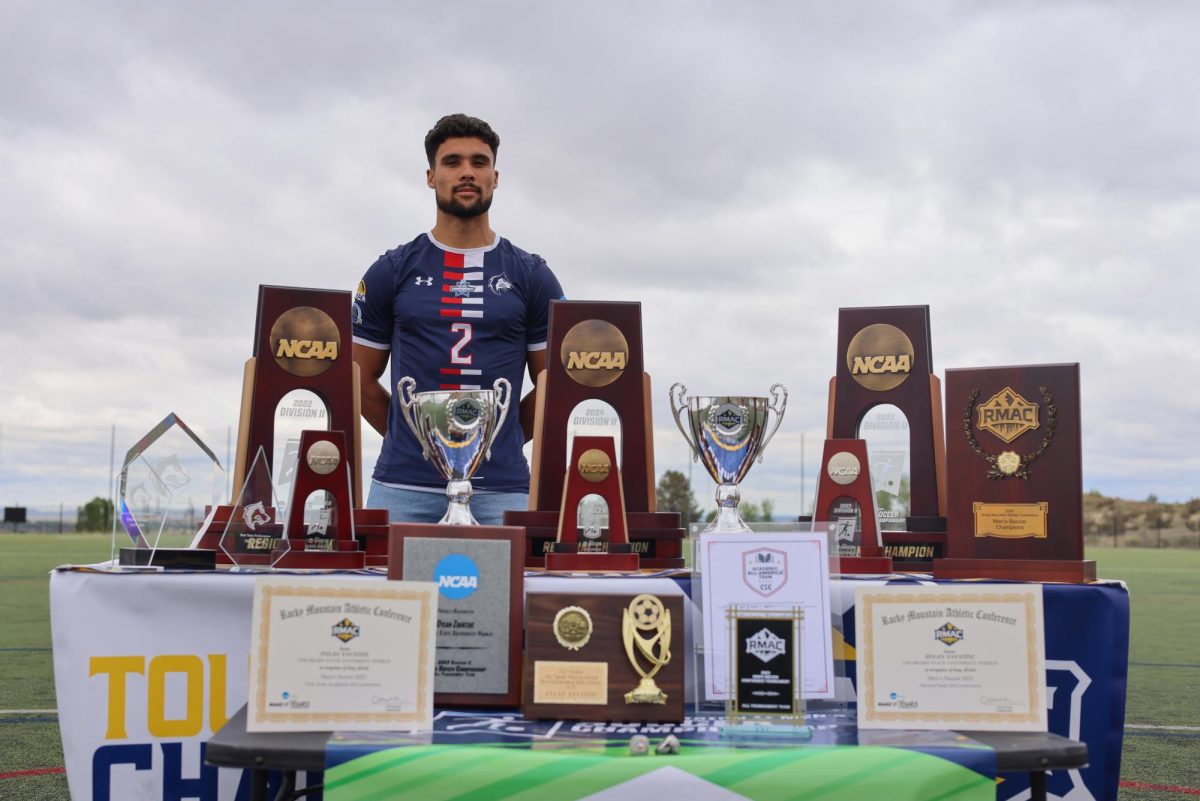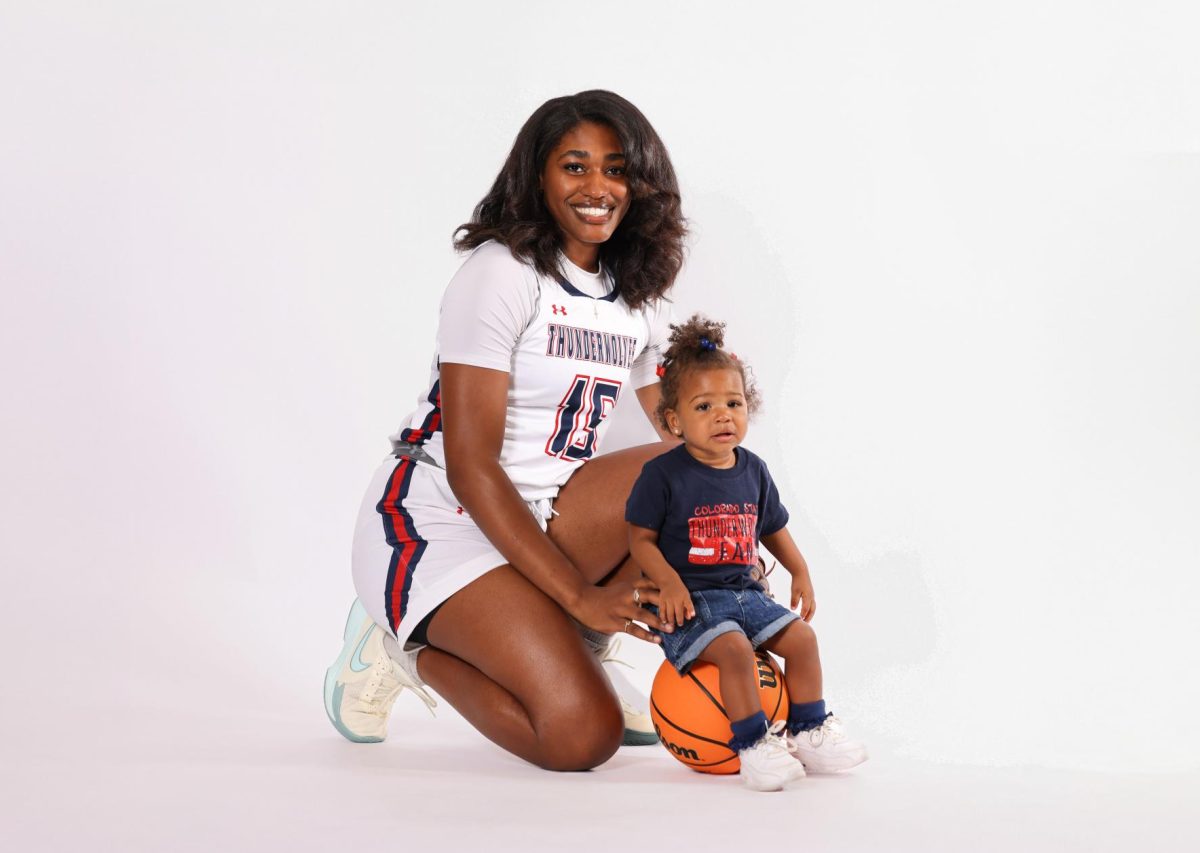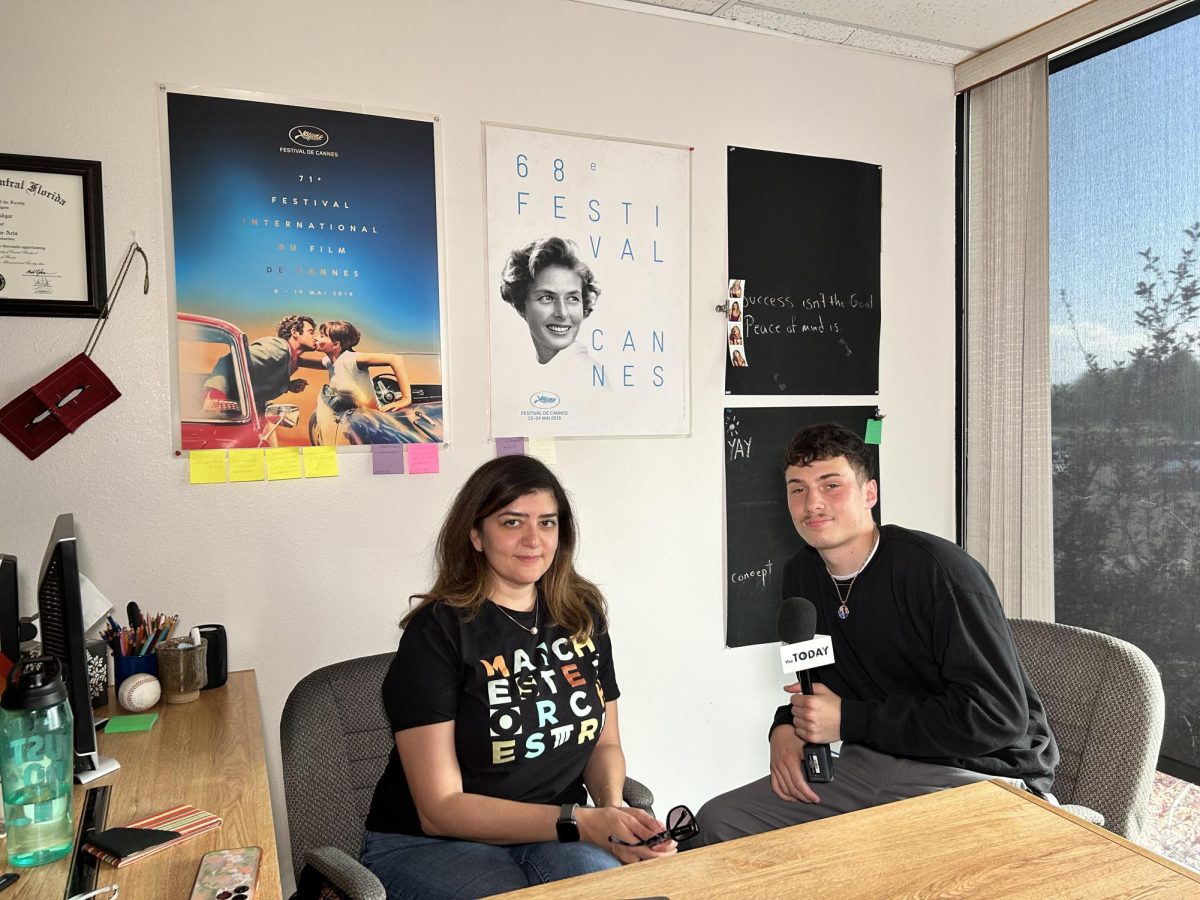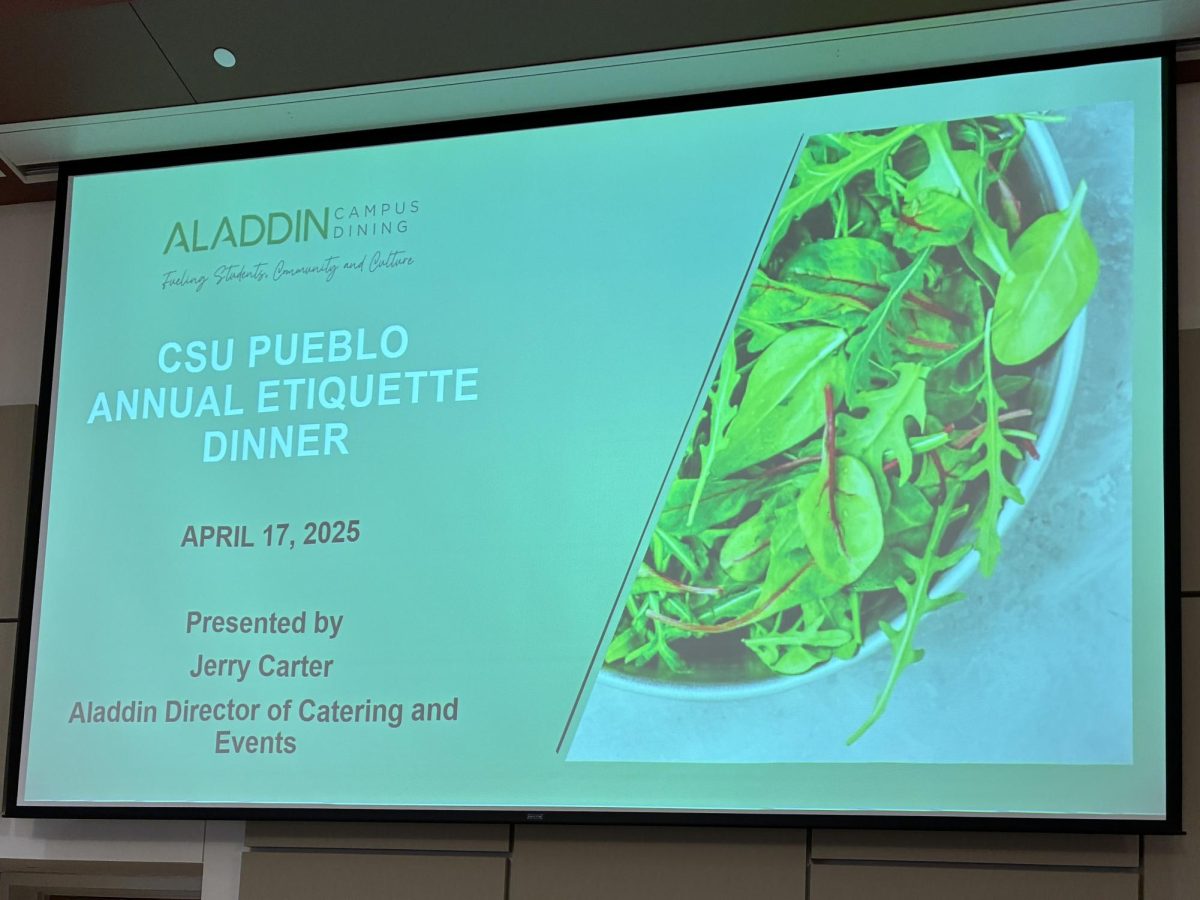By William J. Dagendesh

Leneeca Williams remembers the first time she met Sharon Hatton-Montoya.
Williams had just started work as the director of Affirmative Action and Student Conduct at CSU-Pueblo, when a dark-haired woman wearing glasses and a smile expressed interest in what Williams wanted to do during her time at the university, she said. Williams was drawn to Hatton-Montoya, and both women bonded immediately, she said.
“I remember asking a lot of questions and Sharon offering a lot of resources for me,” said Williams, who is the director of the Affirmative Action, Equal Employment Opportunity and Campus Diversity programs. “I came out of that meeting thinking, ‘I hope everyone here is as easy to work with as Sharon Hatton-Montoya,’”
Hatton-Montoya, who served as director of Student Academic Services, died Friday, July 15, less than a month away from starting her 17th year at CSU-Pueblo. Known for her kindness and generosity, Hatton-Montoya, 59, started her career at CSU-Pueblo in 1995 when the campus was known as the University of Southern Colorado.
Although she regards Hatton-Montoya as her mentor and professional colleague, Williams’ office is void of any mementos of her friend. Scores of color, and black and white photos of family and friends line the bookshelf, and a poster of Eleanor Roosevelt and framed newspaper clippings cover the wall. Plaques and an assortment of knickknacks also have a home there.
However, Williams doesn’t have to display photos of her friend, because photos can’t begin to capture the love, respect and admiration that Hatton-Montoya represented, Williams said. Instead, Williams holds her memories closer to where no one can steal them away, she said.
Williams has only good things to say about Hatton-Montoya, she said, because she played a key role in her professional growth.
During her first year at CSU-Pueblo, Williams worked alongside Hatton-Montoya on Affirmative Action board policies, she said, and that Hatton-Montoya worked diligently to help propel the newly formed University Board for Diversity and Equity.
However, it was her compassion for people that was Hatton-Montoya’s greatest quality, Williams said. Hatton-Montoya shed tears with students because she understood their problems, she said, and celebrated in Williams’ success even when Williams felt she didn’t deserve the accolades she received.
“She always created a time for me to freely express how I felt about a variety of different issues on our campus,” Williams said.
Williams recalled their last conversation, in which she shared a personal family issue with Hatton-Montoya. The director offered advice for which Williams will always remember and for which she will always be grateful, she said.
“Sharon told me I was a strong woman that she admired, and that she was glad that I was at this university,” Williams said. “That day I felt more and more strongly that Sharon was a mentor to me, and that I could trust her and call on her if I needed. I remember many conversations, but that day was special.”
Professional colleagues as well as friends, both women constantly sought advice from each other, Williams said. Williams could always discuss a problem with Hatton-Montoya, she said, and that her mentor never failed to provide her with the answers she sought.
It will be impossible to forget the affect Hatton-Montoya had on people, Williams said. She wishes she could thank Hatton-Montoya for the life she lived, which serves as a model for the life Williams lives, she said.
“She cared so deeply about her children, her students and her colleagues, and it was evident in our conversation as we shared similar stories,” Williams said. “I wanted to say to Sharon that she was a strong woman that I admired and I wish I would have now.”
“I know Sharon is no longer walking on this earth today, but I know she is still with us in spirit and in the advice that she gave so many of us,” Williams said. “My friendship and respect for Sharon will continue long beyond her days here on this earth and her time at this university.”









